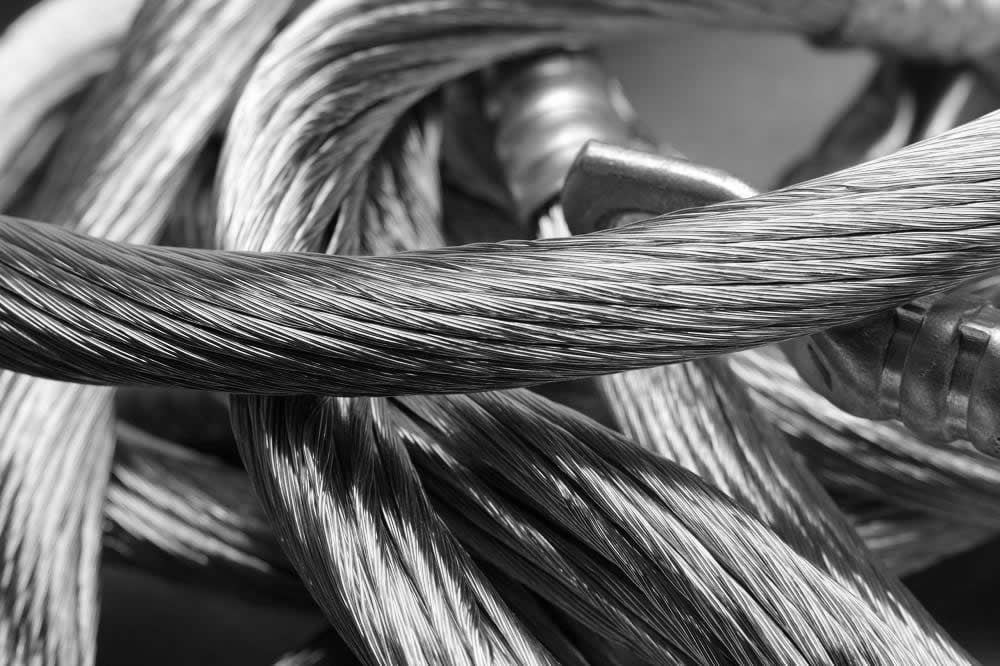Copper electrical wires and cables are intended to carry electric currents. You may need either bare copper or tinned copper conductors, depending on the application. The dependable bare and tinned wires and cables from International Wire Group deliver excellent performance in a range of industries and applications. Learn more about the characteristics, advantages, and uses of bare copper and tinned copper wires.
Uninsulated copper wire that has been tin-coated is known as tinned copper wire. Why is tin-plated copper wire necessary? Fresh, recently created bare copper conductor performs excellently, but over time, bare copper wire is significantly more likely to oxidise than its tinner cousin. Bare wire that has been exposed to oxygen will deteriorate and perform poorly electrically. In humid and wet weather, hot locations, and in some soil types, the tin coating shields wire against oxidation. In order to increase the lifespan of copper conductors, tinned copper is typically utilised in locations where there is constant exposure to too much moisture.
Benefits Of Tinned Copper Wire
While tinned copper wires and bare copper wires are both electrically conductive, the latter offers more powerful defence against corrosion and oxidation. Other advantages of using tinned copper wires include:
- Corrosion resistance, especially in wet or saltwater environments
- Extended cable life
- Easy solderability
Tinned Copper Wire Applications
For locations with high humidity and temperature, tinned copper wires are recommended. Here are a few examples of particular applications:
- Circuit boards
- Electronic components
- Subway systems
- Test lead wire
- Wastewater treatment facilities
- Utility projects
- Jewelry making






